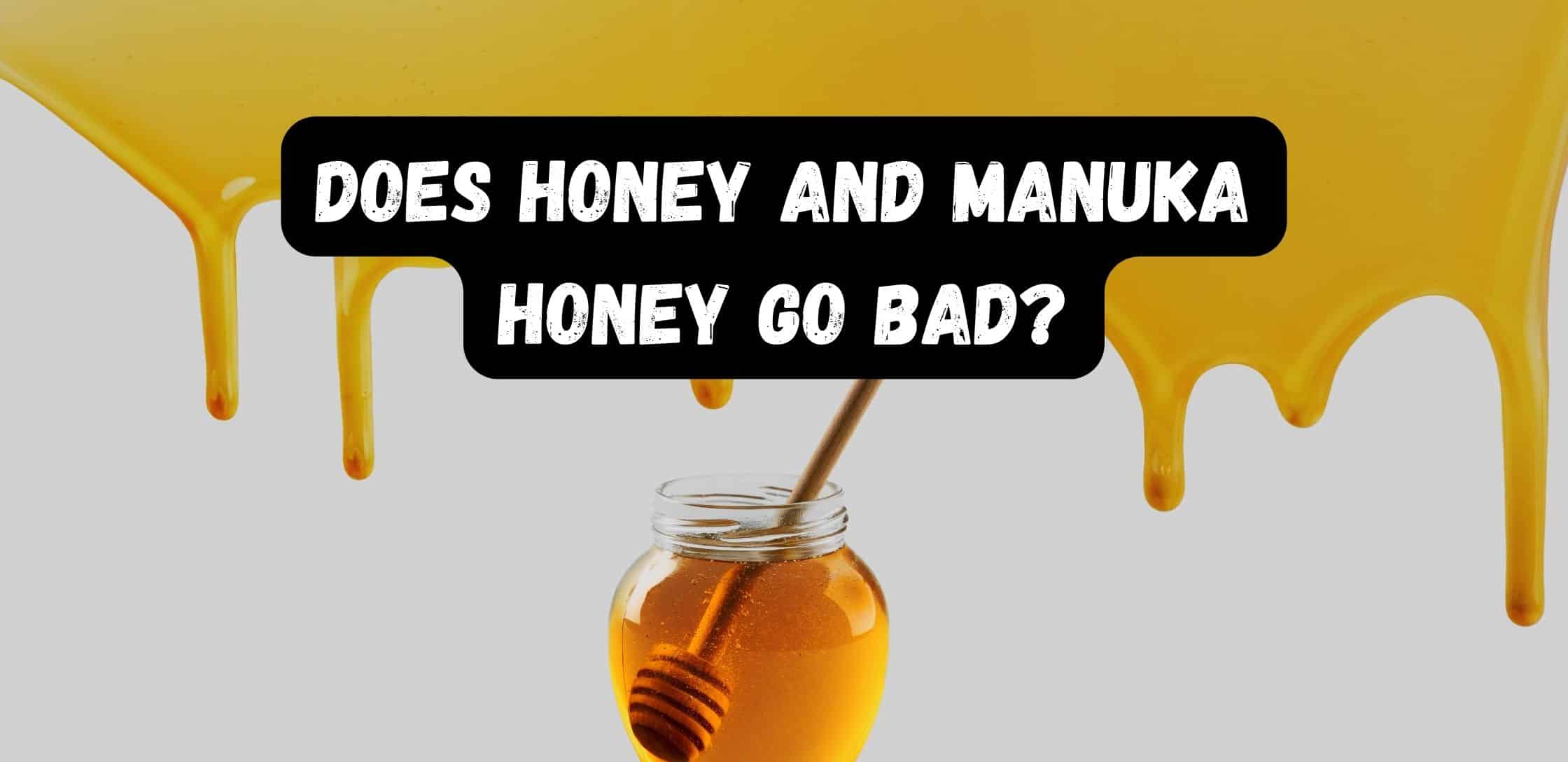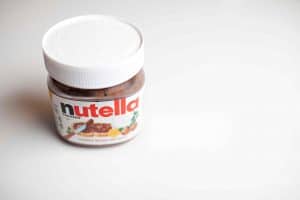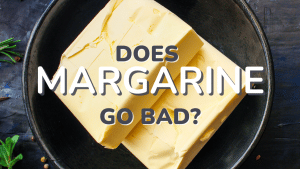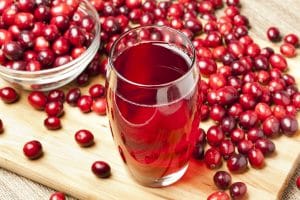Does Honey and Manuka Honey Go Bad?
Important Note: When you buy through our links, we may earn a commission. As an Amazon Associate we earn from qualifying purchases. Content, pricing, offers and availability are subject to change at any time - more info.
Honey is the sweet syrup that is made by bees from the nectar they get from flowers. Manuka honey is made from bees that feed specifically on the manuka plant that is native to New Zealand and parts of Australia but is now produced all over the world. While both, regular honey and manuka honey have innumerable health benefits, manuka honey is expensive and considered higher-end honey, not just because it is so rare and expensive, but also because it has medicinal and cosmetical properties that are sought after by both the medical and beauty industries.
Manuka honey has antibacterial properties and helps in staving off infection and treating wounds, scars, and inflammation. Besides this, manuka honey also promotes hair and skin health and helps with gut-related issues.
Raw honey also has a number of health and beauty benefits, besides also being a sweetener in beverages and sweets. Raw honey is also used in treating wounds, it works as a cough suppressant, is rich in antioxidants, helps regular blood sugar levels better than sugar, and is also heart healthy.
Does Honey Go Bad?
Honey, including manuka honey, does not actually go bad. It will get old, and you will notice a change in color, texture, and even taste. Honey, for the most part, will last forever. Having said that you also have to make sure the honey has not been contaminated and that it has been stored properly and is still consumable.
How Long Does Honey and Manuka Honey Last?
Honey has the longest shelf life of most food products. Honey, including manuka honey, does not go bad. The honey will not spoil. Despite this, it is recommended that you consume manuka honey within three years of opening it. This is not because the honey will spoil, but because the quality might have been compromised. Even well-stored manuka honey might harden, crystallize, and change color. It will still be good to consume, but you will find a change in its taste.
Raw honey has no expiry date because it does not spoil. This does not mean it cannot get contaminated if not stored properly. If your honey is stored properly, you can consume it as long as you want to. You will find a change in texture, and you will most likely find hardened crystalized honey around the lid, it is still good to consume.
Honey and manuka honey are going to be good to consume as long as you need them, but you will find a change in the quality of the product over time. Because honey is shelf stable it does not need to be refrigerated or frozen. It will be just fine in the pantry or kitchen cabinet.
| Type of honey | Shelf life in the pantry |
| Raw honey | Forever |
| Manuka honey | Best to consume within 3 years |
The above is just a cautious estimate. Manuka honey and raw honey will be fine for as long as you intend to use them, it is out of an abundance of caution the three-year margin is given. The most important thing about ensuring the longevity of your honey is the storage conditions.
Dos and Don’ts of Storing Honey and Manuka Honey
- Both raw honey and manuka honey are not just shelf-stable but also pretty self-sustaining. They require little to no extra work to ensure proper storage. Having said that, honey requires some basic steps to ensure it does not get contaminated.
- Your honey is not going to spoil unless it gets contaminated by some external factors.
Here are some essential storage dos:
- Make sure the lid of the honey bottle is tightly closed.
- Store your bottle of honey in the pantry or the kitchen cabinet. Store in a cool, dark place, away from direct heat and sunlight.
- Honey is best stored in temperatures between 50-68 degrees F. It will keep the consistency of the honey stable.
- Honey will be fine stored in the bottle it came in. If for any reason you need to transfer the honey, store it in an airtight container.
- Use a wooden spoon instead of a metal spoon when using honey. This is because the metal is believed the react with the acid in the honey, so the wooden spoon is safer.
- Make sure the spoon you are using is dry, as moisture can cause spoilage.
- Similarly, do not double dip or introduce a dirty spoon into the honey.
- If your raw honey or manuka honey has hardened, you can thaw it out by placing it in a bowl of warm water and stirring it.
Essential Storage Don’ts
- Do not store raw or manuka honey in the fridge or freezer. The honey is highly viscous, refrigerating it will only harden it and make it more difficult to pour out. As storing it in the fridge or freezer does not extend its shelf life, it is not required.
- Do not leave your bottle of honey open. Sure, honey will not spoil on its own, but it can go bad if an external contaminant is introduced. Leaving your honey open will not only increase the risk of moisture getting in, which can cause the honey to spoil, but it also allows for other food and non-food particles, including insects to get into the bottle. Also, since honey is hygroscopic, that is it easily absorbs moisture from the air, do not leave your jar of honey open.
- Do not store your honey in direct sunlight. Too much sunlight and heat will make the honey thin and watery. This will not spoil the honey in any way, just change the consistency. You can also always pop the honey in the fridge to firm it up.
- Do not store honey in metal containers as it can oxidize. Store honey in plastic or glass jars.
How To Tell If Your Raw or Manuka Honey Needs to be Tossed?
Since honey does not spoil it can be difficult to determine if it is still usable. Both raw and manuka honey need to be stored in tightly sealed jars as otherwise, they undergo a change in taste and texture.
- If your honey has been left open for a long time or has not been properly sealed, it will have a different taste. If your honey is not sweet but is instead metallic or sour, then it needs to be tossed.
- If your raw or manuka honey has hardened to the point that it needs to be cracked, then it is better to get a new bottle. This does not indicate spoilage, but if the honey is old, it won’t have an appetizing taste or consistency.
- If your honey is grainy, it has not spoiled, but the consistency might be unappealing.
- If the honey has any type of growth because of external contaminants, get rid of it.
Honey is one of nature’s best offerings and is a symbol of celebration and prosperity in most cultures. Being both beneficial for one’s health and possibly stay good forever, have a bottle of honey in your pantry to enjoy for the rest of your life.
























